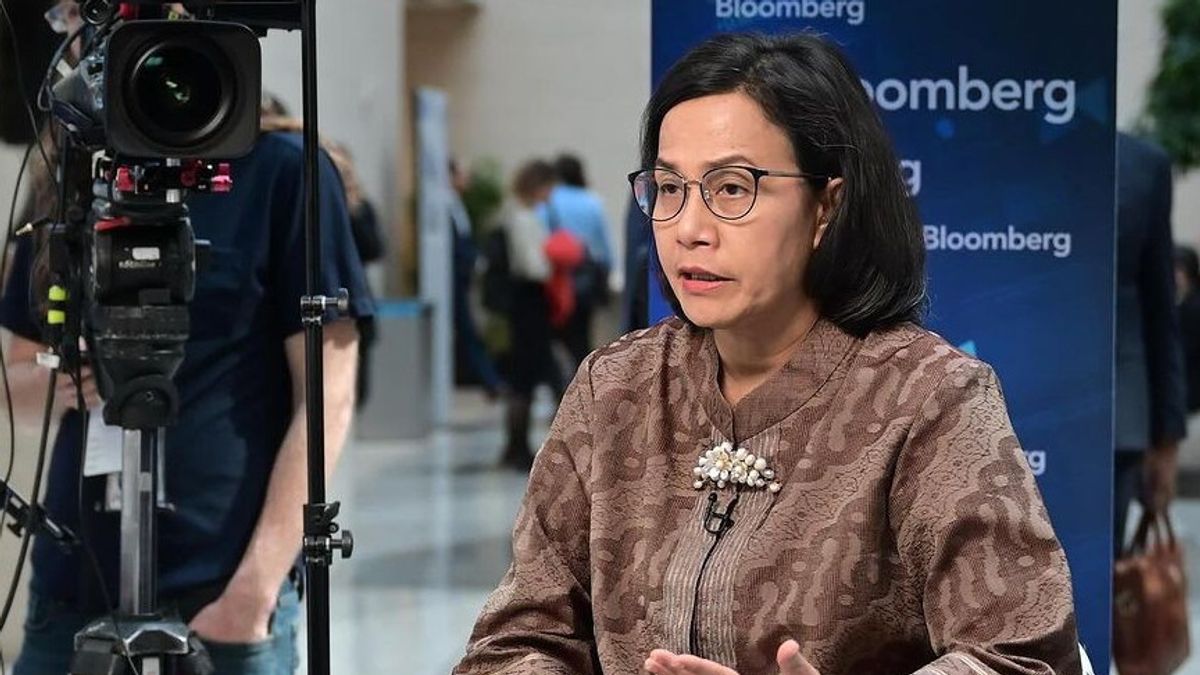JAKARTA - Finance Minister Sri Mulyani Indrawati has prepared a strategy to maintain the rupiah exchange rate in the midst of the Iran-Israeli conflict.
"Macroeconomic stability will always be maintained, both in terms of monetary and fiscal. Coordination with Bank Indonesia (BI) continues to be carried out to adapt to existing pressures. From a fiscal perspective, we ensure that the APBN plays an effective and credible absorber shock," Sri Mulyani said on the official Instagram account @smindrawati, quoted by Antara, Monday, April 22.
According to him, the current global situation will certainly have an impact on the Indonesian economy, including the fluctuation of the rupiah exchange rate.
On the export side, revenue will be much better with a higher dollar exchange rate. However, on the import side, the price conversion to the rupiah will be higher and could have an impact on inflation in Indonesia.
The Minister of Finance ensured that the government would continue to anticipate and be aware of these developments.
"I'm sure Indonesia will remain resilient in this situation," he said.
Not only in the current conditions, the State Treasurer also believes that the Indonesian economy will remain resilient in the future, as is the experience of going through the last pandemic crisis.
"In the midst of the current high global interest rate and inflation conditions, I am sure that the Indonesian economy will be maintained according to the target, supported by a strong export side and a surplus trade balance," said the Minister of Finance.
Previously, Bank Indonesia (BI) ensured that rupiah stability was maintained in anticipation of the impact of uncertainty in reducing the policy interest rate of the United States (US) or the Fed Fund Rate (FFR) and increasing geopolitical tensions in the Middle East.
"We continue to ensure that the stability of the rupiah is maintained with foreign exchange interventions and other necessary steps," said Bank Indonesia Governor Perry Warjiyo in Jakarta, Friday (19/4).
SEE ALSO:
In addition, BI manages market-friendly foreign portfolio flows, including promarket and integrated monetary operas with the deepening of the money market to support Indonesia's external economic resilience.
He said the Indonesian economy was one of the strong emerging markets in dealing with the impact of global rambutan due to uncertainty in the decline in the Fed Fund Rate and increasing geopolitical tensions in the Middle East.
Indonesia's economy remains strong, supported by prudent and closely coordinated monetary and fiscal policies.
The English, Chinese, Japanese, Arabic, and French versions are automatically generated by the AI. So there may still be inaccuracies in translating, please always see Indonesian as our main language. (system supported by DigitalSiber.id)
















